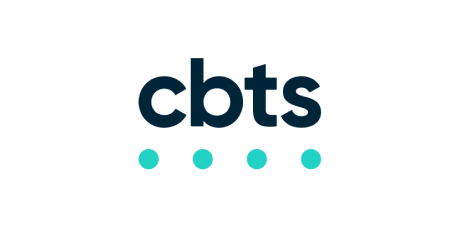Table of Contents
Duties Of A React Developer
- Create UI code from mock designs and wireframes
- Improve application performance through constant code monitoring
- Develop interactive UI components with React toolkit
- Optimize reusable HTML/CSS/JS components for cross-compatibility
- Write concise, modern UI code with JavaScript, stylesheets, and CSS preprocessors (e.g. SASS, LESS)
- Manage app state and functional libraries for asynchronous API calls and computed data using React workflows (e.g. Redux, Context APIs)
- Participate in the QA process, including unit, end-to-end, and integration testing.
Factors To Consider When Hiring React Developers

1. Proficiency In Javascript & ECMA Script
React is a JavaScript library, so a strong command of JavaScript features, syntax, and operations is crucial.
Understanding JS scopes, hoisting, prototypal inheritance, DOM manipulation, event bubbling, and functions are necessary.
Familiarity with ECMA Script and its ability to simplify JS code using the Destructuring feature is also essential.
2. Excellence In Adjacent Technologies
A React developer should not just be proficient in React but also have experience with other related technologies.
Knowledge of backend frameworks or platforms (e.g. Laravel, Django, Ruby on Rails) is a plus.
Familiarity with MERN Stack (MongoDB, Express JS, React JS, Node JS) and Node.js framework Express is highly desirable for building full-stack JavaScript applications and handling multiple requests.
Developers with a broad understanding of adjacent technologies and frameworks are more likely to succeed in creating a successful React app.
3. Testing Frameworks & Tools Understanding
Testing has become a critical skill for React Developers due to quick-deployment needs. Several tools and frameworks are available for unit testing, end-to-end testing, and integration testing in React code. Jest, Enzyme, Selenium, and Karma are the most commonly used tools. React Testing Library and React-hooks-testing-library are also essential utilities to ensure good testing practices on React components and hooks.
Knowing these testing tools and frameworks helps developers write better code and avoid mistakes, leading to cost and time savings. It’s vital to assess React Developers’ testing competency when conducting technical evaluations.
4. JavaScript Build Tools
React Developers use various tools to manage dependencies, optimize assets, run the development server, and more. JavaScript build tools such as Webpack, Npm, and Yarn are necessary for extending the React library. These tools automate repetitive tasks and increase productivity by streamlining the installation and management of packages. A good understanding of these tools is essential to reduce development time.
5. Version Control System Experience
- Importance of VCS in software development
- Developers with VCS experience should be preferred
- Most common VCS systems (Git, SVN, TFS, Mercurial)
6. ReactJS Workflow Experience
- Challenge of state management in React applications
- The portfolio should reflect experience with state management
- Knowledge of popular state management libraries (Redux, Mobx, Context API)
- Understanding of the newest additions in React 16.8 (hooks)
- Importance of state and state management libraries for React Developers
7. React Fundamentals & Styling Strategies
- React Concepts & Fundamentals: Developers should know to Create React App, Babel, JSX, Next.js, etc.
- Styling: Developers should be skilled in React components, external styling libraries, and CSS strategies to design highly responsive UIs.
- CSS Techniques: Knowledge of CSS preprocessors (SCSS, SASS, LESS), CSS frameworks (Bootstrap, Material UI), CSS-in-JS, and JSS is a plus.
- Material UI & SASS: Familiarity with Material UI to create complex UI elements and the SASS to keep large stylesheets organized is desirable.
8. Flexible Learning Curve
- JavaScript: React is built on JavaScript, making the learning curve modest.
- Third-Party Packages: Developers must learn libraries and frameworks like Redux, style components, Material UI, etc.
- Open-Source & Community Support: React is open-source with tremendous community support, making it easy to learn and adopt.
- Flexibility: Developers should adapt to technology changes and updates as required.







